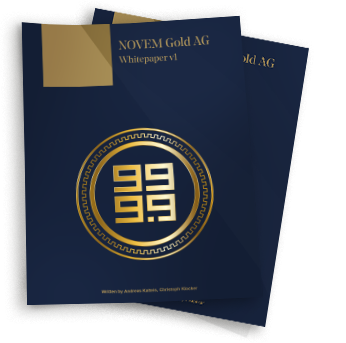
Inflation comes when the price people pay for goods and services increases, and it affects the purchasing power of money. In simple words, when inflation increases, the value of fiat decreases. What about commodities? How does gold in times of inflation behave?
Why Does it Happen?
There are many different reasons for inflation, but the most important cause is an increase in a country’s money supply. When the government prints more money or starts a quantitative easing program, the money supply increases, which affects the overall level of prices.
How Does Gold Behave in Times of Inflation?
The price quite often grows, but inflation doesn’t drive the gold price itself. Here’s how gold performs in times of inflation:
- Political and Economic Uncertainty Increases Fear
Uncertainty is one of the factors that can influence gold in times of inflation. Since the stock market likes certainty, gold prices usually stagnate. Absence of knowledge of who’ll be the 45th president in the USA, how Brexit will turn out for the UK and the whole of Europe, and if terrorist threats are real in the Middle East, are all factors that contribute to an overall increase uncertainty around the world. This affects the rise in gold prices. Recently, gold prices have gone up in line with increasing recession fears.
- Demand Grows
You are likely to hear that many investors consider gold as a hedge against inflation. Thus, they decide to buy gold and protect their wealth against value exhaustion, which comes from an increase in fiat prices. In many ways, people regard gold as an alternative currency. After all, it was the first money ever used. For example, when the residents of Zimbabwe and Venezuela lost faith in their own currency, they turned to an alternative one that was more likely to hold its value. In most cases, it is the US dollar, the Euro, or gold.
- The Price of Gold Increases When The Dollar Weakens
Another factor to consider is the fact that gold and the dollar have an inverse relationship (negatively correlation). Since gold is dollar-denominated, any weakness in the dollar pushes up gold prices and vice versa. So, when the USD value strengthens, gold bought with foreign currencies becomes more expensive. It can reduce the amount of gold purchased internationally. Thus, lower demand will put downward pressure on gold prices.






